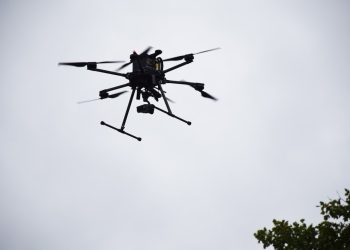Internet speed
VPNs somewhat lower your internet speed because you’re routing your traffic through an encrypted server before communicating with apps, websites and other internet services. The fastest VPNs feature an average download speed loss of 20% or less. Generally, even folks with slower connections — like satellite internet — won’t notice a marginal 20% dip. For bandwidth-intensive applications like gaming, 4K video streaming or uploading large files, you’ll want a virtual private network with minimal speed loss. Casual users with faster internet speeds should be fine with more than 20% speed loss, but we look for VPNs that keep speed loss below 50%.
Privacy
VPNs bolster your privacy by masking your IP address, which, like your physical address, indicates identifying information about your geographical location. At a minimum, we recommend a VPN with 256-bit encryption, a strict no-logging policy and DNS leak protection. Because logging is tough to verify, look for regular third-party audits. (You can and should be skeptical of your VPN provider’s zero-log claims).
Additionally, transparency reports offer peace of mind. We also suggest sticking with a VPN that includes a kill switch. More privacy-concerned users like investigative journalists or political activists will appreciate advanced features such as obfuscation (which makes it harder for ISPs to determine that you’re using a VPN), Tor over VPN (for additional encryption using the Tor network) and a double VPN…



























































